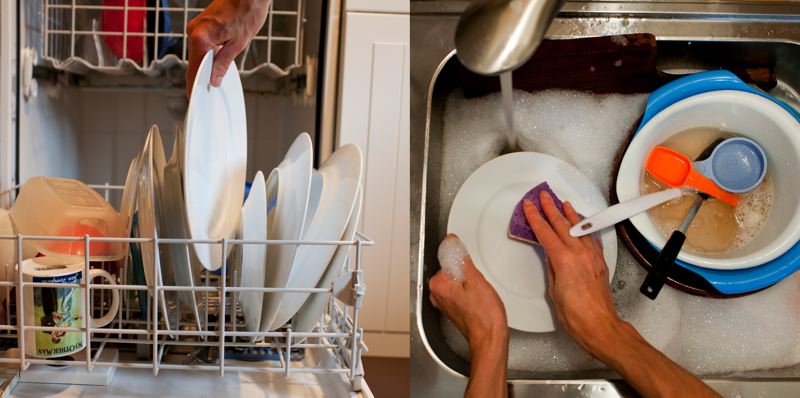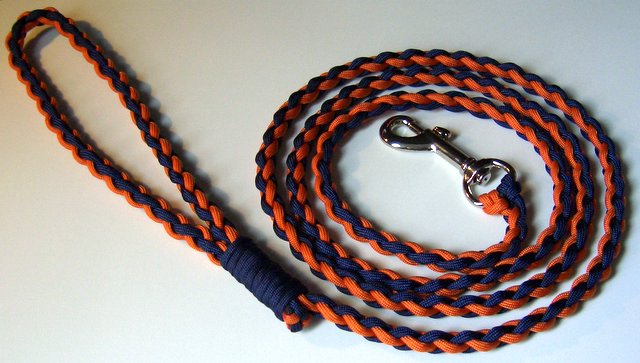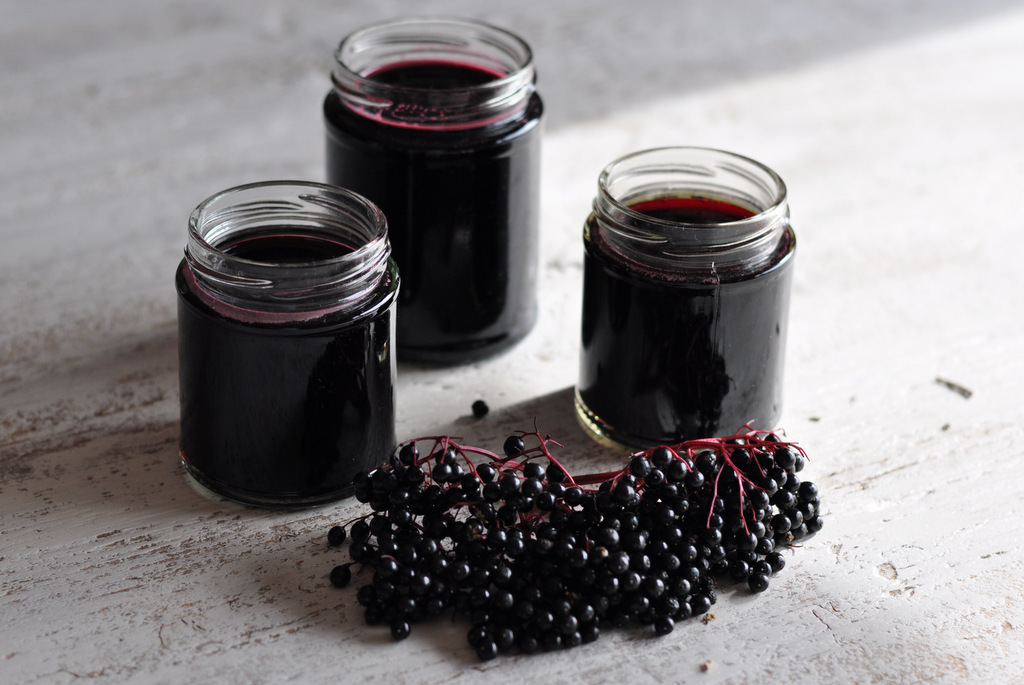Dishwasher vs. Hand Washing
Published on April 3rd 2017 by Ujjaini Ganguly under Green Living Ideas
“Making mistakes in centuries and generations past would have consequences that we could overcome. We don’t have that luxury anymore.”- Al Gore, An Inconvenient Truth (A documentary about global warming)
Today, going green is no longer just an option for us, it’s a necessity. When it comes to your individual daily actions and their effects on the environment, the question whether hand washing your dishes is better than using a dishwasher is getting plenty of limelight these days.
Determining Factors in the Dishwasher vs. Hand Washing Debate
- The model type of your dishwasher
- The number of dishes to be cleaned
- Whether or not you need to heat the water
- The amount of soap used
- The energy star rating (if any) of the machine
- The type of wash cycle
- Your method of washing dishes by hand
Is a Dishwasher Better than Hand Washing |
||
Features |
Dishwasher |
Hand Washing |
1. Which cleans better |
|
|
2. Which is cheaper |
|
|
3. Which is more eco-friendly |
|
|
4. Which takes less time |
|
|
Video: How Does a Dishwasher Work
For a better idea of how the dishwashing process actually works, here’s a peek inside a dishwasher:
Scientific Evidence in Favor of Dishwashers
- According to the Energy Star program of the Environmental Protection Agency, machine dishwashing can help you save 5,000 gallons of water, ultimately sparing you from $50 worth of annual utility charges.
- As per a study by the University of Bonn in Germany, a dishwasher requires merely one-sixth of the water, half the power, and comparatively much less soap than hand-washing dishes.
- A European study that compared manual dish washing to machine washing discovered that hand washing used a staggering 27 gallons of water and 2.5 kilowatt-hours (kWh) of energy to wash 12 place settings, while a machine consumed 4 gallons of water and 1.5 kWh to wash the same amount of dishes.
Evidently, the competition between a dishwasher and hand washing regarding their overall productivity, particularly their repercussions on the environment, is neck and neck. Either way, the less strategically you use all your resources, the greater your carbon footprint. Thus, a calculated analysis and comprehension of both the washing methods are imperative before you decide to make the jump.
Popular
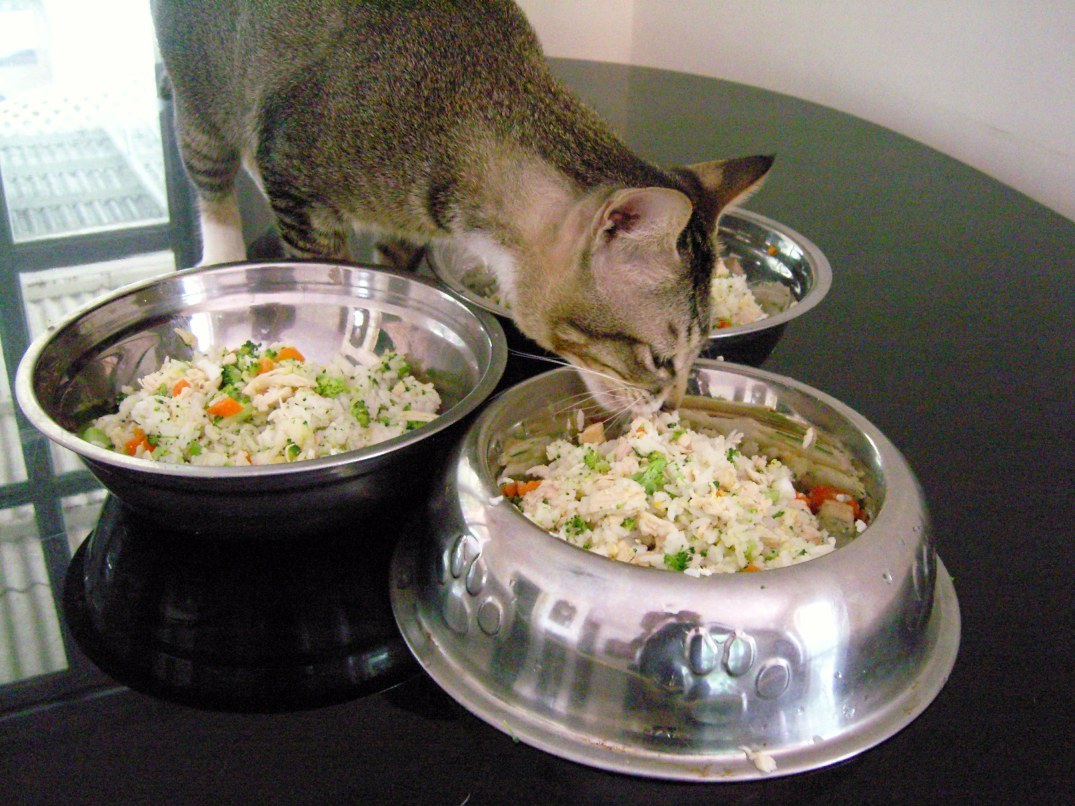 DIY: Healthy Homemade Cat Food Recipes
DIY: Healthy Homemade Cat Food Recipes
Give occasional treats to your loving pet cat with the best nutritious homemade dishes, rather […]
 How to Lighten Hair Naturally
How to Lighten Hair Naturally
Best homemade recipes for making your own natural hair lighteners! Try making your own hair […]
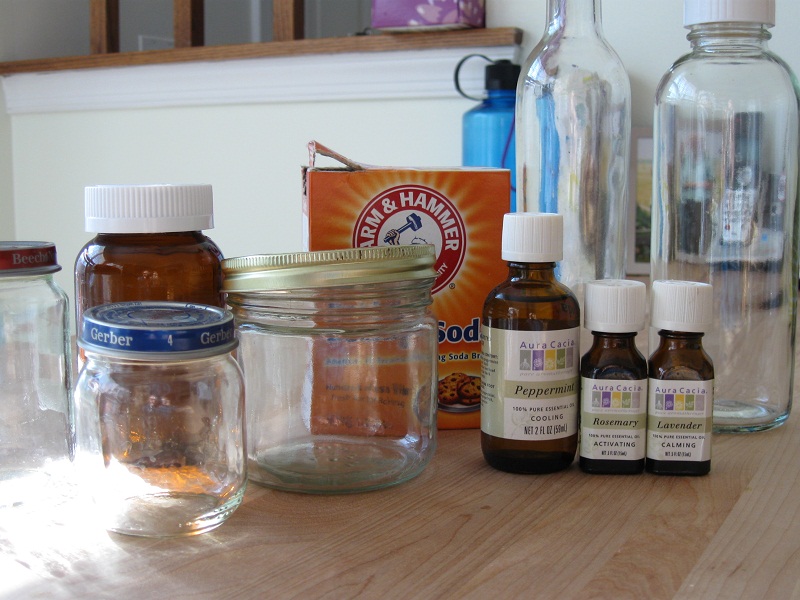 9 Best Homemade Natural Mouthwash Recipes
9 Best Homemade Natural Mouthwash Recipes
Smile more; talk more to your friends confidently trying these mouthwash recipes! Bad breath is […]
Prepare your own tooth powder at home for healthy gums and teeth. The recipes given […]
As the name suggests, wool dryer balls serve the same purpose as plastic PVC or […]

